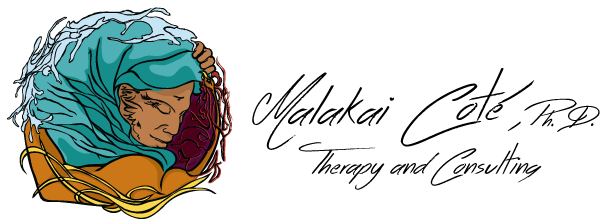The Asian American Psychological Association recently released a testimony addressing discrimiation and violence against Asian Americans before the United States House of Representatives Judiciary Committee, Subcommittee on the Constitution, Civil Rights, and Civil Liberties. An excerpt of that testimony is below.
"Bias towards Asian Americans is not new, and has been enacted culturally, institutionally, and interpersonally since the first Asians settled in the United States. For example, federal laws have discriminated against Asian Americans by systematically excluding them from the possibility of naturalizing as U.S. citizens and immigration laws such as the Foreign Miners’ tax and Alien Land Laws imposed extra taxes on non-citizens and banned non-citizens from owning land, respectively."
"The internment of Japanese Americans during WWII, the Muslim ban, and the systematic deportation of Southeast Asian refugees and undocumented Asian immigrants also reflect more recent systemic anti-Asian federal policies. There has been a history of Asian Americans being viewed as a perpetual foreigner, regardless of nativity. Likewise, the narrative that Asian Americans are associated with disease is demonstrated in the racial epithet of “yellow peril,” bestowed by Europeans and Americans. Asian Americans have also been pitted against other racial minority groups through the designation of the “model minority” stereotype, which suggests that it is possible to achieve in America with a strong work ethic."
"Violence against Asian Americans is also not new. From lynchings in the 19th century to, more recently, the violence targeting South Asian Americans in the aftermath of 9/11, such as 2012 the mass shooting that killed six at the Oak Creek Gurdwara in Wisconsin, Asian Americans have been victims of racism-fueled hate. The current surge of anti-Asian racism and violence does not impact all in our community equally. The killing of 84-year-old Vicha Ratanapakdee in January 2021, the murders of six Asian women in Atlanta by a White man on March 17, 2021, as well as Stop AAPI Hate data showing that women report hate incidents 2.3 times more than men, show that we must attend to the multiply marginalized in Asian American communities. Community concerns also persist in response to violence experienced when seeking mental health crisis support as seen with the unjust deaths of Angelo Quinto and Christian Hall."
Impacts of Anti-Asian Racism in the Context of COVID-19
“We partnered with Stop AAPI Hate to conduct a follow-up study in January-March 2021 involving the more than 1,400 English-speaking adult respondents who reported hate incidents to their reporting center in the first nine months of the pandemic. Of the 413 individuals who participated, 42% were currently experiencing anxiety symptoms, 30% were currently experiencing depression symptoms, and 39% experienced elevation of one or more of the following race-based traumatic stress symptoms: depression, intrusion, anger, hypervigilance, physical symptoms, decreased self-esteem, and avoidance. Ninety-five percent of respondents now view the U.S. as more physically dangerous for Asian Americans.
The CARES study found that Asian Americans reporting COVID-related discrimination were more likely to also report symptoms of post traumatic stress disorder (PTSD), even after accounting for pre-existing mental health diagnoses and lifetime report of discrimination.Cheah and colleagues found that both direct and vicarious experiences of discrimination were related to poorer mental health for both parents and youth, but direct experiences were also related to poorer psychological well-being, and youth's mental health was more negatively affected.
The effects of racism on Asian Americans likely compound with other pandemic-related stressors to negatively impact mental health. Indeed, our emerging research finds a positive correlation between total sources of stress and mental health indices (i.e., race-based trauma symptoms, anxiety, depression). Just as anti-Asian racism has been exacerbated by the past presidential administration, one’s local climate and leadership can also buffer the impact of racist experiences.
Asian Americans have long encountered barriers to accessing health and mental health care due to linguistic, cultural, insurance, and other barriers. Fear/anticipation of future racism may prevent Asian Americans from accessing needed resources, such as health and mental health care. In our interim needs assessment survey dataset including over 2,600 Asian Americans and Pacific Islanders, we found that 68% report at least some difficulty seeing a health care provider (compared to 28% pre-pandemic).”
